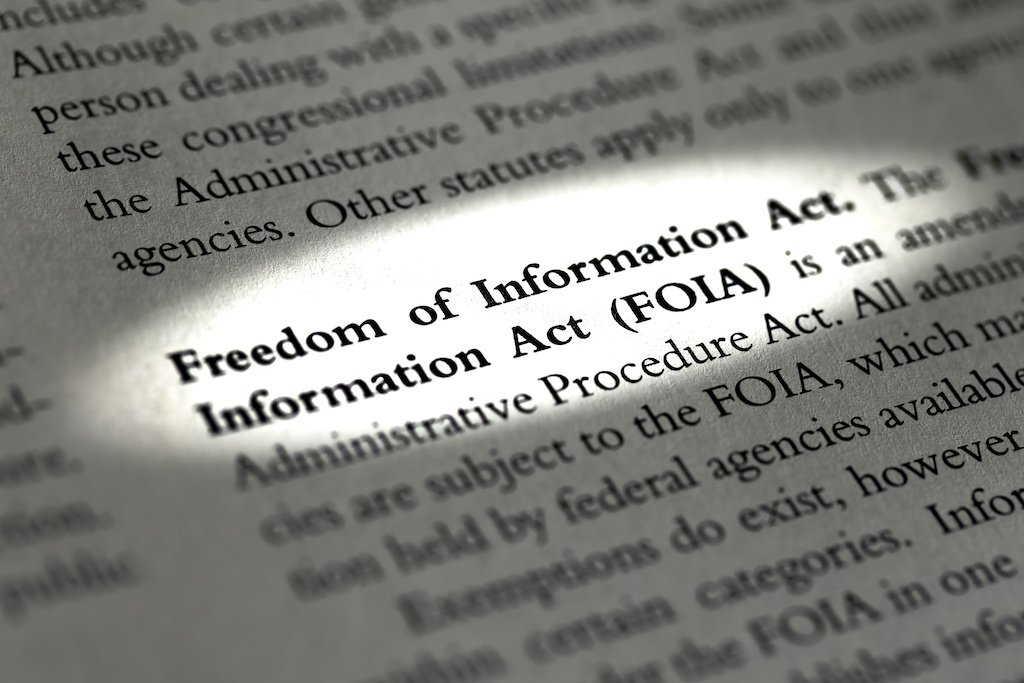#3 Finding: FOIA (Freedom of Information Act) Submissions Require Tenacity
While it may not be intentional, the FOIA process seems to be designed to limit and filter information, rather than freely provide information to parents and the general public. It also makes it challenging to secure information in efforts to safeguard children.
The process in the Chicago Public School (CPS) system is a great example. A trusted source within CPS told us that those responding to FOIA requests take pride in thwarting, delaying, and blocking access to information, not helping inform the public. Our experience in submitting requests to CPS provides some evidence in support of the insider’s report.
Our research team noticed in the most recent CPS Office of Inspector General (OIG) report that sixteen educators had been charged by the Cook County State's Attorney with sex-related criminal offenses during their employment, but only three had been convicted. With the conviction rate at 19%, this demonstrates that the total number of criminally charged cases is very low, considering the number of students in Chicago Schools.
In an attempt to gain some insight into this disconnect, we submitted an FOIA request for all of the OIG documentation for each of these cases, including the name of each teacher charged, documentation on actions taken by the Chicago School Board, and the outcome of each criminal case. Our initial request was completely denied:
The Chicago Public Schools (CPS) FOIA Office has reviewed your request and determined that the records you seek are exempt from release pursuant to section 7.5(h) of the FOIA. Section 7.5(h) of the FOIA exempts from release “information the disclosure of which is exempted under the State Officials and Employees Ethics Act, and records of any lawfully created State or local inspector general’s office that would be exempt if created or obtained by an Executive Inspector General’s office.” 5 ILCS 140/7.5(h).
Given that these were criminal cases, we would hope that this information would be readily available to the parent community. Our research team proceeded by requesting select cases in the OIG report that were identified by their case numbers; the 72 cases we identified in the OIG report; documentation of the Chicago Board of Education’s final determination on each case; and documents on each case that was submitted to the Illinois State Board of Education.
Given the number of FOIA requests made in a short period of time, CPS declared us to be a “habitual filer”, allowing them more time to respond. After the extended time passed (three weeks instead of one), we were informed that the request was “burdensome” and must be simplified.
Our team resubmitted the request, this time only for the OIG case report. After a three week delay (since we are a habitual filer) the request was denied again, alleging that the FOIA request was “burdensome”. After several weeks of exchanges between our researcher, the Attorney General’s office and the CPS FOIA office, we agreed to accept only the redacted OIG Reports for each of the teachers who were charged. We dropped our request for additional information. It turned out that only six teachers were charged during the period covered by the report, not 16. We are still investigating these cases and the handling of them by the Chicago School Board and the Cook County State’s Attorney’s Office.
In closing, the process we experienced demonstrates that there’s no authentic interest in being transparent and school systems such as the Chicago Public Schools have levers at their disposal to limit and filter information that addresses true requests from an interested party.

